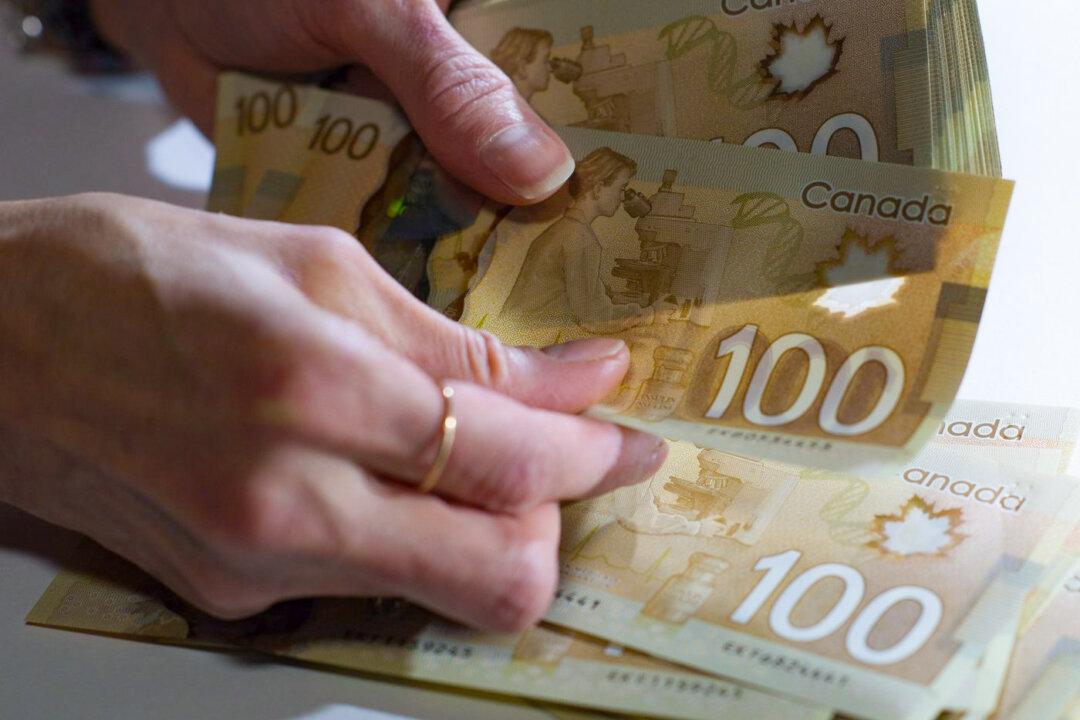Ottawa’s tariffs on Chinese-made electric vehicles (EVs) offer only a “short reprieve” for Canada’s EV industry, the Commons trade committee was told at a recent meeting about a month after the tariffs were announced in late August.
“This is basically a short reprieve—a temporary reprieve for Canadian manufacturers in the EV supply chain to basically step up to the plate and build the things that they have promised to build with investments from a lot of public dollars, and to actually get it started,” said Elizabeth Kwan, a senior researcher with the Canadian Labour Congress, on Sept. 16.





